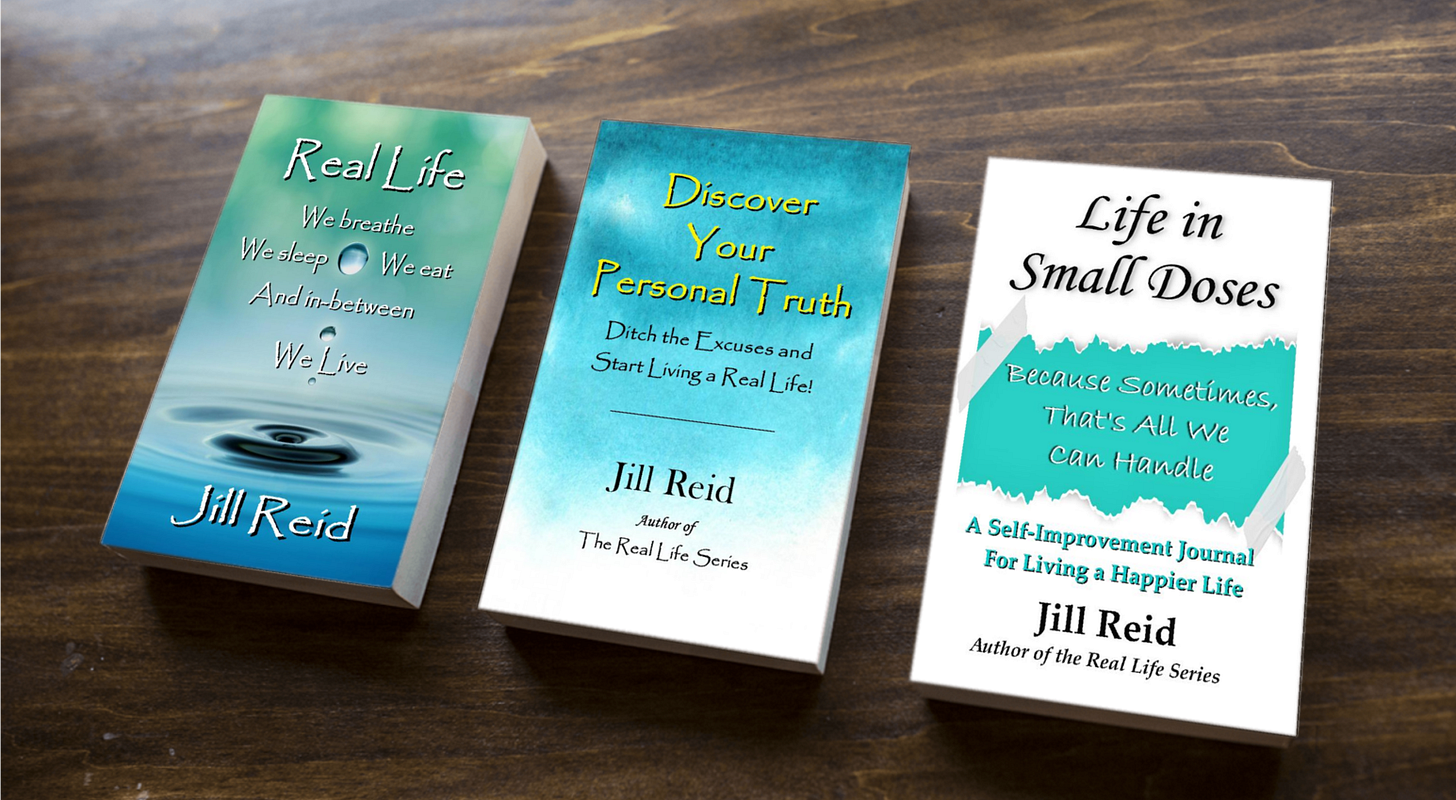The Quiet Art of Showing Up
How to be a good friend

In a world of fleeting connections, curated lives, and surface-level interactions, true friendship is more valuable than ever. But being a good friend—someone who uplifts, supports, and genuinely connects—isn’t always about grand gestures. More often, it’s about consistency, empathy, and learning how to show up in quiet, meaningful ways.
Whether you're looking to deepen an existing bond or become a more dependable presence in someone’s life, here’s what it really means to be a good friend.
Be present, not just available - It’s easy to be around people without truly being with them. A good friend makes an intentional effort to be present—not just physically, but emotionally. That means setting aside distractions when someone is talking, listening without interrupting, and being tuned in to what they aren’t saying. Presence is about making someone feel seen and heard, not simply tolerated.
Practice empathy over judgment - When a friend is struggling, resist the urge to immediately offer solutions or advice. Sometimes, people just want to be heard and understood. Good friends meet each other where they are emotionally, without trying to fix or critique a situation. Phrases like “That must have been hard” or “I’m here for you, no matter what,” can do more than a dozen unsolicited suggestions. Empathy builds trust; judgment drives people away.
Show up in little ways - Grand gestures are memorable, but small acts of kindness are what deepen the bonds of friendship over time. For example, sending a check-in text on a tough day, remembering an anniversary of a big event, or sharing a meme that made you think of them. These little touches show others that they occupy a corner of your mind and heart—and those meaningful gestures can be extremely powerful.
Be reliable and consistent - A good friend is someone you can count on—not just in a crisis, but in everyday life. If you tell someone you’ll call, follow through. If you commit to plans, show up. Reliability builds the kind of foundation that strengthens friendships through the inevitable life changes, personal challenges, and test of time. You don’t have to be perfect, just consistent enough to create a sense of emotional safety and support.
Celebrate without comparison - Having a cheerleader on your side tends to overshadow a competitive nature. When your friend lands a promotion, gets engaged, or achieves a dream, celebrate their win with genuine joy and support. Avoid envious phrases like “Must be nice” or “I wish I had your luck.” Keep in mind that when a friend accomplishes a goal, their success doesn’t diminish yours—in fact, it can be a light you both bask in.
Allow space for growth - People change. Real friends make room for that. Maybe your best friend isn’t who they were five years ago. That’s okay. Growth doesn’t have to mean growing apart. Let go of the expectation that your friend must stay the same to stay close. Instead, encourage their evolution, even when it takes them in directions that don’t include you every step of the way.
Say the hard things, with love - Being a good friend isn’t about blind loyalty or endless agreement. Sometimes, it means telling the truth—even when it’s uncomfortable. If your friend is making self-destructive choices or hurting others, a gentle, honest conversation can be an act of deep love. The key is to talk with care, not criticism. Your goal should always be about healing, not hurting.
Forgive and ask for forgiveness - Even life-long friends make mistakes. They forget birthdays, say the wrong thing, or fail to show up when it counts. What really matters is how you repair the rupture. Apologize when you’re wrong. Forgive when you're hurt. Friendships aren’t built on perfection—they’re built on grace and acceptance.
Being a good friend isn’t about doing everything right. It’s about showing up with honesty, compassion, and intention. In the end, true friendship is less about what you do—and more about who you choose to be.
In health & happiness,
Amazon | Real Life Newsletter | YouTube | LinkedIn | Facebook | Twitter | Instagram | Goodreads | Website | Mastodon | Writers Perch Newsletter
Jill Reid is the author of Real Life, Discover Your Personal Truth, Life in Small Doses, and Please God, Make Me A Writer. Her books, videos, and newsletter explore life, relationships, self-improvement, health, and personal success strategies for working through the challenges of everyday life.




